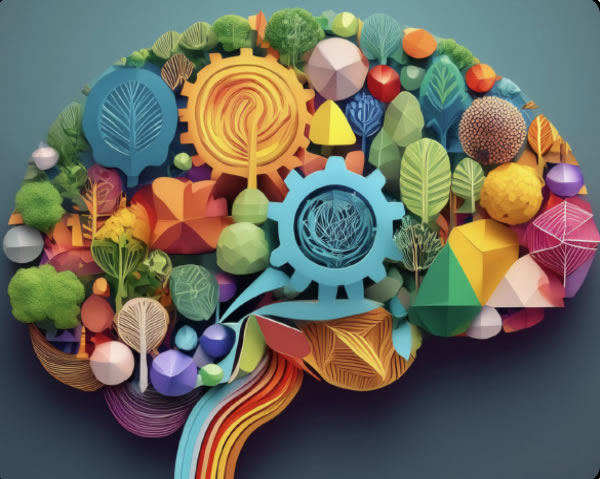
Mental Health First Aid: Essential Skills for Elevator Constructors
Each year, World Mental Health Day on October 10 shines a spotlight on the importance of addressing mental health at home, in our communities, and at work. NEIEP has long led the way in physical safety training and education in the elevator industry, and by including mental health awareness, NEIEP sets the example for comprehensive safety education and training that protects workers’ minds as well as their bodies.
The elevator industry has long emphasized safety in areas such as fall protection, lockout/tagout (LOTO), electrical hazards, and confined-space protocols. Yet, human factors also play a critical role in jobsite safety. Expanding the safety conversation to include mental health ensures that Elevator Apprentices, Mechanics, and Instructors are prepared physically and psychologically for the demands of their jobs.
Why Mental Health Matters in Elevator Construction
Elevator work involves confined spaces, heavy machinery, and high stress, and mental health is therefore a critical, though often overlooked, dimension of safety. Stress and fatigue can erode attentiveness, slow reaction times, and increase the risk of mistakes. When well-being declines, whether due to personal struggles, chronic stress, or burnout, situational awareness and decision making suffer.
OSHA offers guidance which encourages employers to foster open communication, reduce stigma, and make support resources available. Ignoring mental health issues can contribute to distraction, diminished performance, and unsafe conditions. Just as traditional hazards must be managed, human factors must be addressed as part of a complete safety strategy.
NEIEP’s Mental Health Awareness Continuing Education Course
NEIEP offers CE048 Mental Health Awareness, a Continuing Education (CE) course that equips Mechanics with the tools to recognize warning signs and connect themselves or others with resources. The course introduces common conditions such as anxiety, depression, and burnout, and emphasizes how mental wellness directly impacts job performance, safety, and personal life.
By integrating these concepts into Continuing Education, NEIEP helps workers view mental health not as a separate issue but as part of the same safety culture that governs physical hazards. This understanding prepares members to approach challenges with both awareness and confidence.
How Mental Health First Aid in Practice
- Mental Health First Aid empowers people to approach mental health conversations with confidence, understanding, and a clear plan to respond safely and responsibly to those in need. Recognizing physical manifestations of mental distress. Panic attacks or severe anxiety can mimic cardiac symptoms. First aid knowledge helps distinguish between psychological and medical emergencies.
- Responding to overdose or substance-related incidents. When mental health struggles contribute to substance misuse, Constructors may need both first aid skills and awareness of underlying issues.
- Prevention through awareness. Identifying signs of burnout or distress early can prevent emergencies from escalating to the point where first aid is required.
Mental Health First Aid removes the fear and uncertainty from starting these important conversations by increasing understanding and offering a practical action plan.
Cultivating a Culture of Safety + Care
Across IUEC locals, NEIEP Instructors and members are taking meaningful steps to strengthen support within the elevator industry by becoming certified in Mental Health First Aid. This training equips participants with the knowledge and confidence to recognize when someone might be experiencing a mental health or substance use challenge and to connect them with the right help. By having more Mental Health First Aiders on job sites and in classrooms, the industry is building a stronger network of people who can offer understanding, guidance, and compassion when it matters most. The result is a healthier, safer, and more connected workforce—one where every member knows they’re not alone and help is never far away.
The Road Ahead
The elevator industry has always stood on pillars of technical excellence and safety. Those pillars grow stronger when mental health awareness is integrated into everyday practice. With courses like CE048 and Mental Health First Aid certification, NEIEP equips members with both knowledge and action.
By combining mental wellness with emergency response skills, Elevator Constructors are better prepared to protect themselves, their coworkers, and the public. This dual focus reflects a modern safety culture, one in which Elevator Constructors are not only builders and maintainers of elevators but also guardians of health and well-being across every project.
